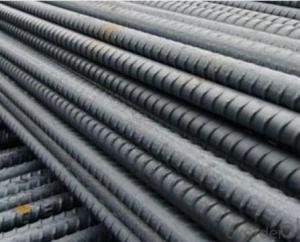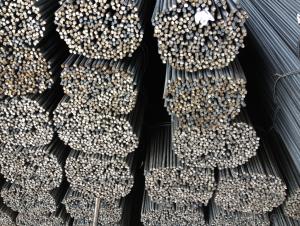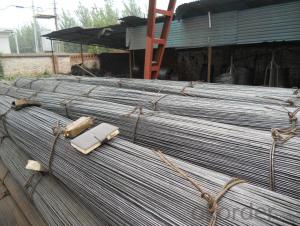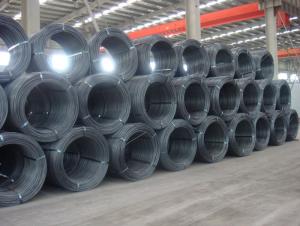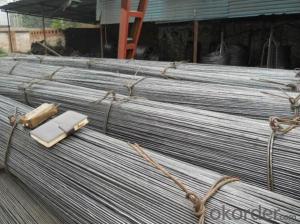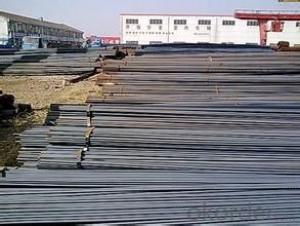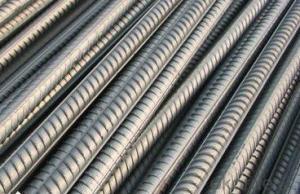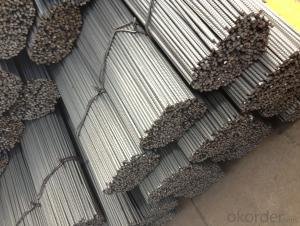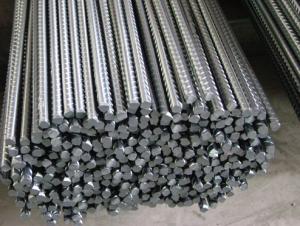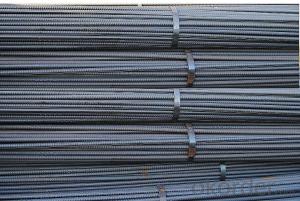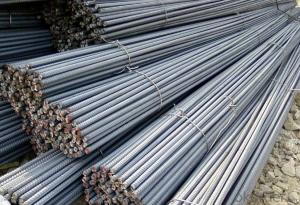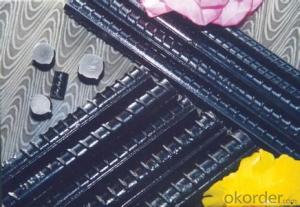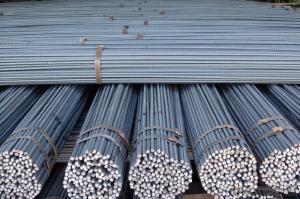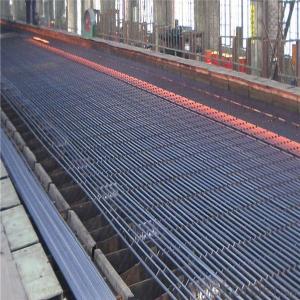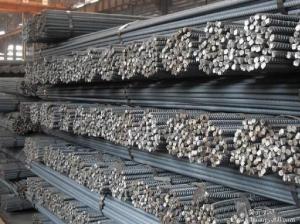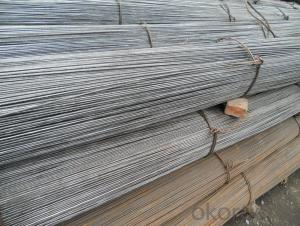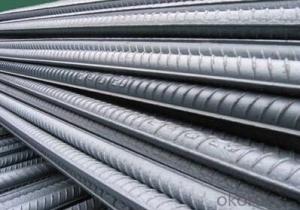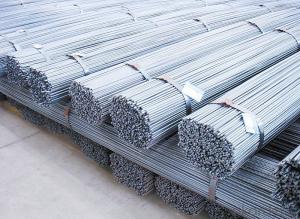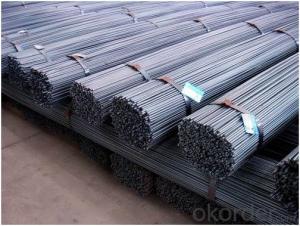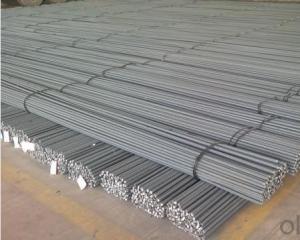All Categories
- - Steel Wire Rod
- - Steel Coils
- - Steel Profiles
- - Steel Pipes
- - Stainless Steel
- - Tinplate
- - Special Steel
- - Steel Sheets
- - Steel Rebars
- - Steel Strips
- - Hot Rolled Steel
- - Cold Rolled Steel
- - Pre-painted Steel
- - Seamless Steel Pipe
- - Welded Steel Pipe
- - Hollow Steel Tubes
- - Galvanized Pipe
- - Stainless Steel Coil
- - Stainless Steel Sheet
- - Stainless Steel Plate
- - Stainless Steel Strips
- - Electrolytic Tinplate Coil
- - Electrolytic Tinplate Sheet
- - Stainless Steel Rebars
- - Solar Panels
- - Solar Water Heater
- - Solar Related Products
- - Solar Inverter
- - Solar Cells
- - Solar Light
- - Solar Energy Systems
- - Solar Controllers
- - Solar Mounting System
- - Solar Pump
- - Solar Chargers
- - Fiberglass Chopped Strand
- - Fiberglass Mesh Cloth
- - Composite Pipes
- - FRP Pultrusion Profiles
- - Fiberglass Mat Tissue
- - Fiberglass Fabrics
- - Fiberglass Mesh
- - Composite Tank
- - Fiberglass Mesh tape
- - Polymer
- - FRP Roofing Panel
- - Fiberglass Roving
- - Monolithic Refractories
- - Ceramic Fiber Products
- - Refractory Bricks
- - Raw Materials For Refractory
- - Suspended Platform
- - Cranes
- - Concrete Machinery
- - Earthmoving Machinery
- - Building Hoist
- - Road Building Machinery
- - Plastic Pipe Fittings
- - Plastic Tubes
- - Plastic Sheets
- - Agricultural Plastic Products
- - Plastic Nets
 All Categories
All Categories
Q & A
How are steel rebars used in the construction of water distribution and desalination facilities in arid regions?
Steel rebars are commonly used in the construction of water distribution and desalination facilities in arid regions for their strength and durability. These rebars are typically embedded within the concrete structures to provide reinforcement and enhance the overall structural integrity of the facilities. This helps to withstand the extreme conditions prevalent in arid regions, such as high temperatures and sandstorms, ensuring the long-term functionality and reliability of the water infrastructure.
What is the role of chairs or spacers in the installation of steel rebars?
The role of chairs or spacers in the installation of steel rebars is to provide support and maintain the proper spacing and positioning of the rebars within the concrete structure during the pouring and curing process. They ensure that the rebars are correctly aligned and do not touch the bottom or sides of the formwork, allowing the concrete to fully surround and bond with the rebars, providing strength and structural integrity to the overall construction.
What is the effect of using high-strength steel rebars on the structural integrity of concrete footings and foundations?
The use of high-strength steel rebars in concrete footings and foundations enhances the structural integrity significantly. High-strength steel rebars offer improved load-bearing capacity, tensile strength, and resistance to corrosion, thereby increasing the overall strength and durability of the concrete structure. This ensures better resistance against cracking, settling, and structural failure, resulting in a more stable and long-lasting foundation.
How do you assess the impact resistance of steel-reinforced concrete structures?
The impact resistance of steel-reinforced concrete structures can be assessed through various methods such as conducting impact tests, evaluating the material properties, and analyzing the structural design. Impact tests involve subjecting the structure to controlled impacts and measuring the resulting damage or deformation. Material properties like compressive strength, tensile strength, and ductility of the concrete and steel reinforcement are also considered. Additionally, assessing the structural design involves evaluating factors such as the thickness and arrangement of the concrete and steel reinforcement, as well as the presence of any additional protective measures like fiber reinforcement or coatings. Combining these approaches helps in accurately assessing the impact resistance of steel-reinforced concrete structures.
Wholesale Steel Rebars from supplier in Angola
We understand the unique requirements and challenges of the Angola market and strive to offer tailored solutions to meet our customers' needs. Our team of experienced professionals is dedicated to providing excellent customer service and ensuring timely delivery of high-quality products.
In addition to our sales and procurement services, we also offer technical support to assist our customers in finding the most suitable Steel Rebars for their projects. Our expertise in the field allows us to offer valuable advice and guidance on product selection, installation, and maintenance.
As a subsidiary of CNBM, we have access to a vast network of suppliers and resources, enabling us to source Steel Rebars at competitive prices. We maintain strong relationships with reputable manufacturers, ensuring that our customers receive products of the highest standards.
We take pride in our commitment to sustainability and environmental responsibility. We prioritize working with suppliers who adhere to strict environmental regulations and promote sustainable practices in the production of Steel Rebars.
Whether you are involved in construction, infrastructure development, or any other industry that requires Steel Rebars, we are confident that our comprehensive range of products and services will meet your requirements. Contact us today for sales inquiries, quotations, or technical support, and let us be your trusted partner in the Angola market.
In addition to our sales and procurement services, we also offer technical support to assist our customers in finding the most suitable Steel Rebars for their projects. Our expertise in the field allows us to offer valuable advice and guidance on product selection, installation, and maintenance.
As a subsidiary of CNBM, we have access to a vast network of suppliers and resources, enabling us to source Steel Rebars at competitive prices. We maintain strong relationships with reputable manufacturers, ensuring that our customers receive products of the highest standards.
We take pride in our commitment to sustainability and environmental responsibility. We prioritize working with suppliers who adhere to strict environmental regulations and promote sustainable practices in the production of Steel Rebars.
Whether you are involved in construction, infrastructure development, or any other industry that requires Steel Rebars, we are confident that our comprehensive range of products and services will meet your requirements. Contact us today for sales inquiries, quotations, or technical support, and let us be your trusted partner in the Angola market.
